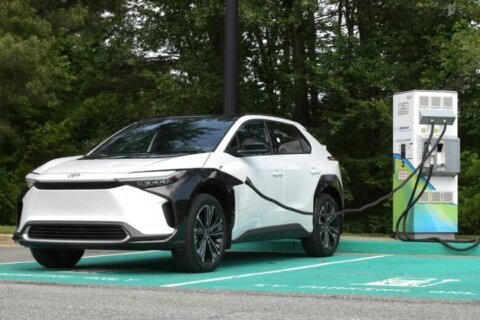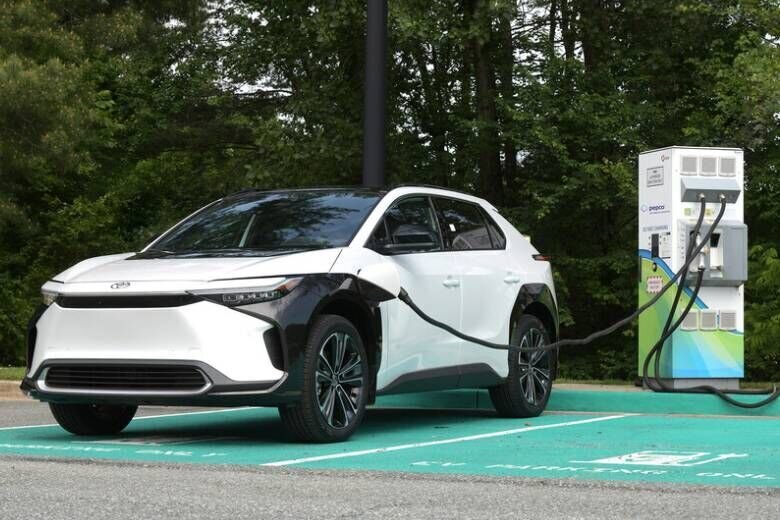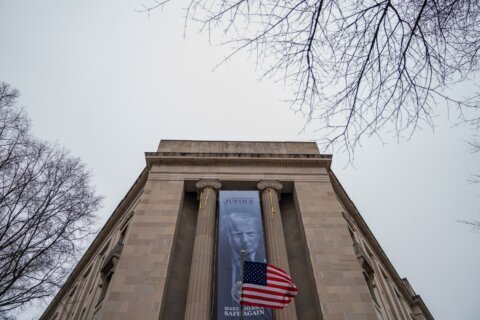
Idle electric vehicles could be a source of energy for other uses when not being driven, and Pepco has partnered with Toyota to research “vehicle-to-grid” technology.
Using a Toyota bZ4X all-electric SUV, the V2G research will take place at Pepco’s Watershed Sustainability Center in Rockville, Maryland. Pepco will lead evaluation of various bidirectional charging technologies.
While research and development of vehicle-to-grid technology is in its early stages, the technology itself would be straightforward.
“When the EV is not charging and the homeowner is not using the EV to drive around town, the car’s battery could provide additional electricity to the customer’s home, or potentially provide value to the local electric utility grid,” said Dan Chwastyk, strategy manager at Pepco.
The research will also be a collaboration to study the charging habits and vehicle usage of EV owners. Nearly 80% of EV owners currently charge their vehicles at home, and overnight when demand for energy is lower. One example of the benefits for either a utility or a homeowner would be times of peak demand for the utility’s grid, or service disruption at an EV owner’s home.
“The vehicle owners provide power back to the grid during specific times of need. Or, potentially use their EV’s power as a backup generator for their home, or even if it’s linked with other homeowners’ EVs, their entire neighborhood,” Chwastyk said.
Pepco and Toyota believe Maryland is a good choice for the location of the V2G technology. The state is one of the fastest-growing EV markets and is expected to have 300,000 EVs on the road by 2025.
Pepco is installing 250 EV chargers in Montgomery County and Prince George’s County.
This spring, Maryland became the first state to pass vehicle-to-grid legislation. The Distributed Renewable Integration and Vehicle Electrification Act, or DRIVE, requires utilities to develop interconnection processes for bidirectional charging.
Get breaking news and daily headlines delivered to your email inbox by signing up here.
© 2024 WTOP. All Rights Reserved. This website is not intended for users located within the European Economic Area.









